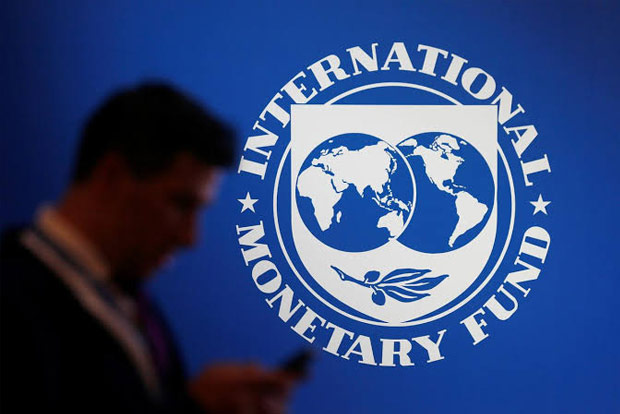The International Monetary Fund (IMF) has proposed sending a technical assistance mission to Pakistan to investigate a $16.5 billion to $30 billion discrepancy in the country’s trade data and recommend corrective measures, but Pakistani authorities have declined the offer, The Express Tribune reported, citing sources.
Pakistani authorities contended that the discrepancy stemmed largely from raw materials imported under trade facilitation schemes that were not fully booked. Some officials, however, stressed the need to examine whether the unrecorded imports were linked to tax evasion or trade-based money laundering.
Pakistan Bureau of Statistics (PBS) Chief Statistician Dr. Naeem Uz-Zafar confirmed that no external help had been sought. “This is the IMF’s view, but we do not need technical assistance on trade and did not ask for help in this regard,” he said, adding that PBS had the technical capacity to reconcile the data internally.
According to the Tribune’s report, the data gap was first reported earlier this month, showing significant inconsistencies among key institutions. Pakistan Single Window (PSW) recorded imports worth $321 billion between July 2020 and June 2025, while the State Bank of Pakistan (SBP) registered $291 billion in trade payments cleared through banks — a $30 billion difference. Pakistan Revenue Automation Limited (PRAL) reported $304.5 billion in imports over the same period, $16.5 billion lower than PSW’s figures.
Of the $16.5 billion gap between PSW and PRAL data, $12.8 billion was linked to the export facilitation scheme, which officials said must be examined to determine whether collusion between importers and PRAL officials had occurred to evade taxes.
The IMF had previously asked Pakistan to disclose the discrepancy publicly and adopt a clear communication strategy to maintain credibility.
During a press conference on Friday, Planning Minister Ahsan Iqbal said the government had explained the issue to the IMF, which, he claimed, was satisfied with Pakistan’s clarification.
In a separate clarification, the SBP said its trade data was based on payments processed through banks, meaning the discrepancy would not significantly affect the current account balance. However, it acknowledged that minor revisions might occur as part of ongoing reconciliation efforts.
Officials said the SBP’s data could be adjusted once the $30 billion difference is fully reconciled by matching import shipments with corresponding external payments.




